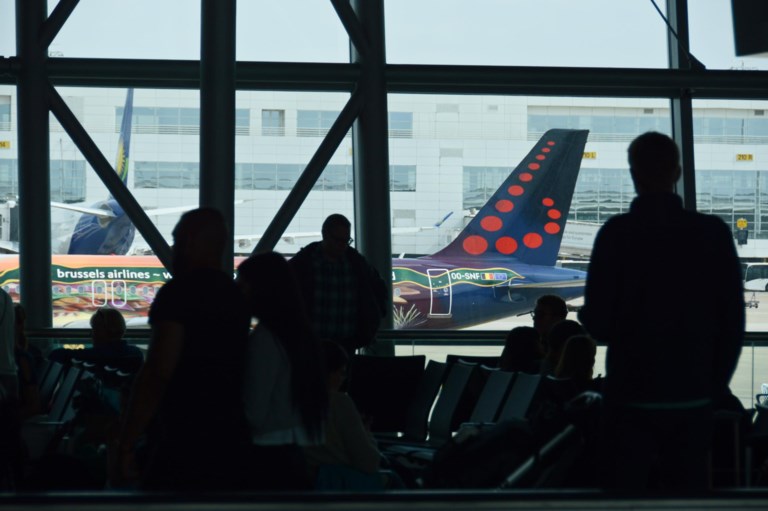European airports have rejected reports that airlines will have to schedule thousands of almost empty flights to retain their take-off and landing slots.
Earlier this week, various airlines warned they would have to operate thousands of ghost flights just to be able to keep their time slots, which are paramount to their existence, as the number of travellers is declining in light of the Omicron variant. On Thursday, airport umbrella organisation ACI Europe expressed "dismay at the escalating industry and political rhetoric."
"A few airlines are claiming they are forced to run high volumes of empty flights in order to retain airport slot usage rights. There is absolutely no reason why this should be the reality," said Olivier Jankovec, Director General of ACI Europe, adding that these warnings hint at an unrealistic doomsday scenario.
Before the pandemic hit, airlines had to use 80% of their slots to retain these rights, however, the European Commission lowered the required usage threshold to 50% until the end of March 2022 to ensure airlines wouldn’t schedule unnecessary flights if they were not fully booked.
Related News
- Flights from Belgium between €2 and €10 more expensive due to new tax
- Fossil free flying? Denmark sets its sights for green aviation
Federal Mobility Minister Georges Gilkinet wrote to the European Commissioner for Transport, Adina Vălean on Monday, asking to keep the 50% threshold until the summer season of 2022, given that Europe is still battling the pandemic.
However, airlines said that they would even struggle to reach the decreased usage threshold as the number of bookings being made is plummeting. But according to ACI Europe, airports will continue to offer airlines protection during the pandemic.
"Slot usage rules need to achieve two things in the current circumstances. Firstly, to protect airlines from the worst of unpredictabilities which are out of all our hands. Secondly, and crucially, to also ensure that airport capacity is still used in a pro-competitive way," Jankovec said.
Further lowering threshold
If airlines are not able to meet this threshold, another global provision has been put in place, the “Justified Non-Use of Slots” (JNUS), which can be requested by airlines "allowing them to effectively use their allocated airport slots for less than 50% of the time."
This provision is specifically designed to protect airlines from the fallout of the pandemic and covers issues from outright travel bans to restrictions of movement, quarantine or isolation measures that impact the possibility of or demand for travel on certain routes.
"It is, therefore, the case that, with a significantly reduced slot usage threshold (by the European Commission) and a specific provision for changing circumstances such as that presented by the Omicron variant, airlines are very well protected from the current uncertainties," Jankovec stressed.
He added that there is a difference between low load flights and so-called ghost flights, which are ordinarily defined as those voluntarily operated by airlines exclusively for the purpose of retaining these rights and are not offered for sale, and that confusing the two could do large-scale damage to the aviation sector.

